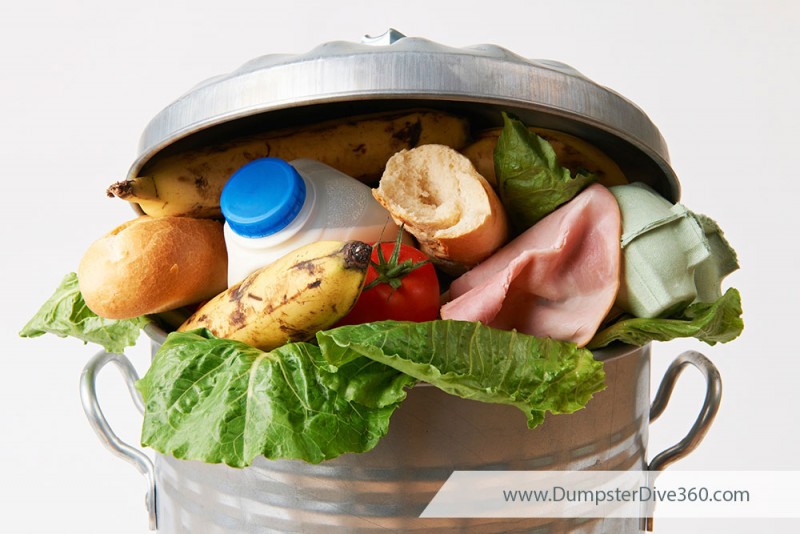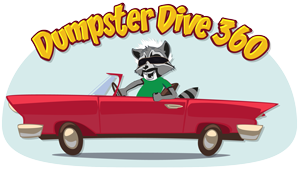
Ending world hunger may seem like a lofty goal, but small contributions can have a big impact. In the United States it is estimated we throw away as much at 50% of the food we produce. We produce enough food to feed nearly double our population, but 50 million Americans continue to live with hunger.
Dumpster Dive for More Than Personal Gain
When you visit a dumpster searching for discarded treasures, you can also collect food for yourself or to help others out. So much food is thrown in dumpster by grocery stores that you could live exclusively on rescued food.
Dumpster Fresh
Stores throw away so much food so often that it is usually picked up more frequently than you think. Unlike weekly residential services, dumpsters at retail locations are usually emptied multiple times a week. Some may even be emptied daily. This means the food probably hasn’t been in the dumpster very long. Some divers have even shared stories of finding still-frozen ice cream.
Make Some Noise
Not interested in consuming food you rescue from dumpsters? You can still battle food waste. Take pictures, share your stories and raise awareness for how much food is ending up in dumpsters. A little awareness can go a long way.
Check out the Food Waste Fiasco Project. In eight cities, over $10,000 worth of food was rescued from dumpsters and put on display in public areas. The rescued food was given away and fed over 500 people
The Hunt for Food Waste
If you see a compactor, keep looking. It is never safe to dumpster dive in a compactor, but it’s not uncommon for a store to have a compactor and a dumpster. These secondary dumpsters are sometimes used as holding bins for compost. Where there is compost, there is probably food waste.
Rescue Food Before It’s in a Dumpster
Food rescue and food recovery programs exist across the country and around the world. Through these programs, food stores donate excess food to non profits, food pantries and soup kitchens. The donated food is edible but often not sellable. Instead of tossing this food in the trash and paying for disposal, it can and should be donated.
Can’t find a food rescue program in your area? Boulder Food Rescue has a free guide to help you start your own food recovery program.
Share Your Food Finds
Visit DumpsterDive360.com and share your food waste and recovery stories.
Image Credit: U.S. Department of Agriculture, Flickr








Reader Interactions